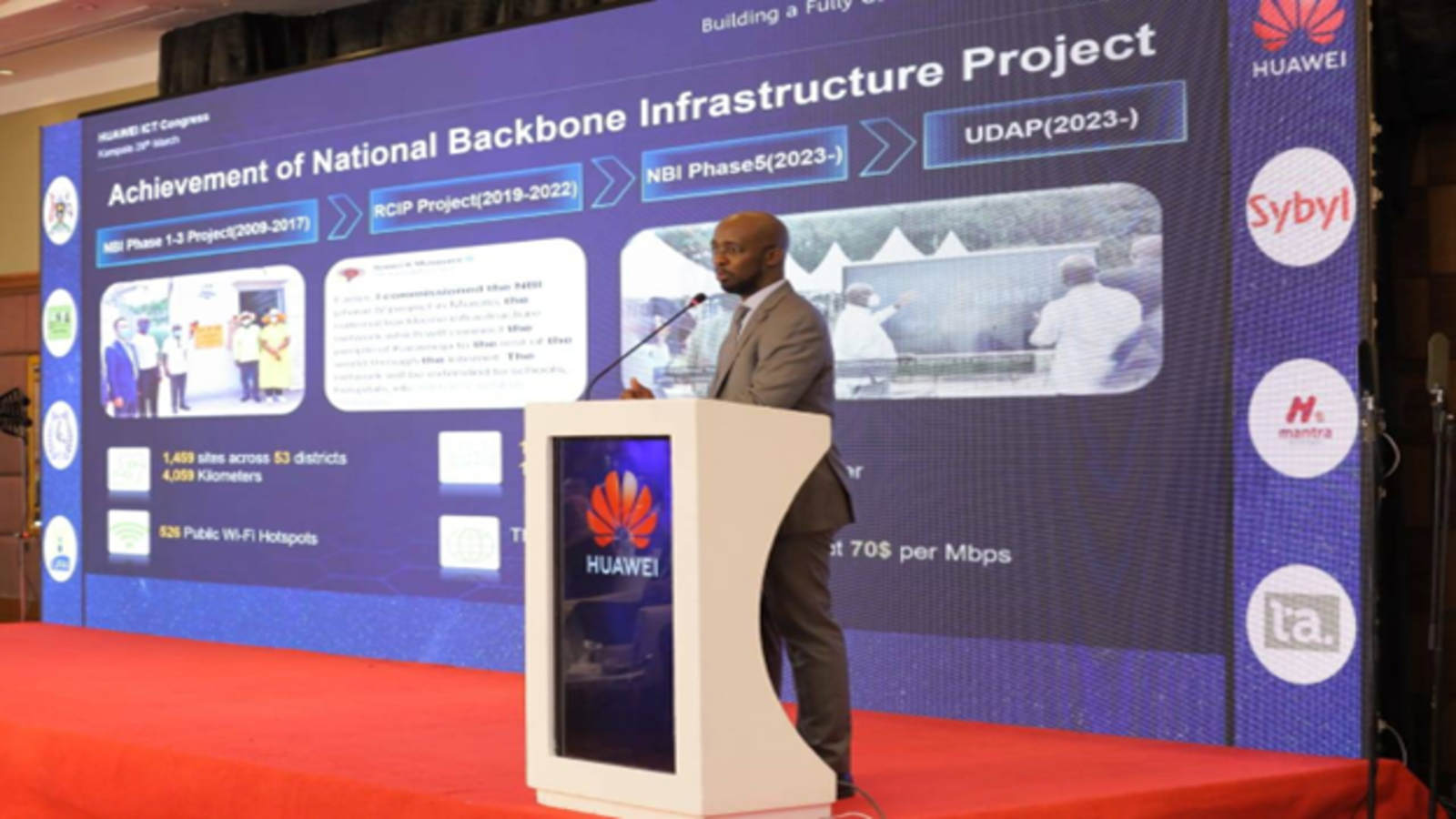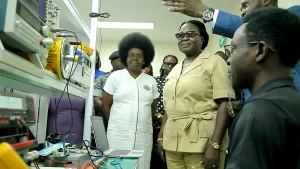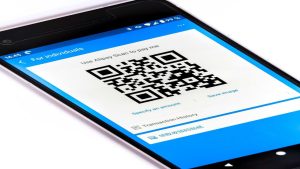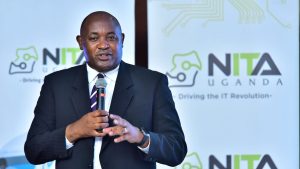Share
Contributions of the National Backbone Infrastructure to Uganda from the National Information Technology Authority of Uganda.
The design, purchase, installation, and maintenance of the fiber optic cable network have all been handled by NITA-U as part of the project’s planning and coordination. To ensure that the project is implemented on time, within budget, and in accordance with the necessary standards, this has needed tight collaboration with governmental organizations, business partners, and international donors.
The deployment of the NBI network, including the setting up of fiber optic cables, transmission sites, and data centers, has been actively supported by NITA-U. In order to do this, it has been necessary to collaborate with local communities to determine the optimal paths for the fiber optic cables and to make sure that the network is reachable throughout the entire nation.
NITA-U on the initiative to build the nation’s backbone infrastructure

Government organizations, companies, and people have received training and support for capacity building from NITA-U on how to use the NBI network efficiently. This has included instruction on how to use e-government tools, access online services, and take advantage of the NBI’s high-speed broadband connectivity.
In order to assist the expansion and development of the ICT sector in Uganda, NITA-U has been instrumental in drafting rules and regulations. This has included promoting the use of e-government services, advancing the adoption of open standards, and aiding the creation of local content and apps.
The efforts of NITA-U have been crucial in linking Uganda to the NBI and in encouraging the use of ICTs for social change and economic development. NITA-U has improved access to necessary services including healthcare, education, and financial services while assisting in closing the digital gap in Uganda.












